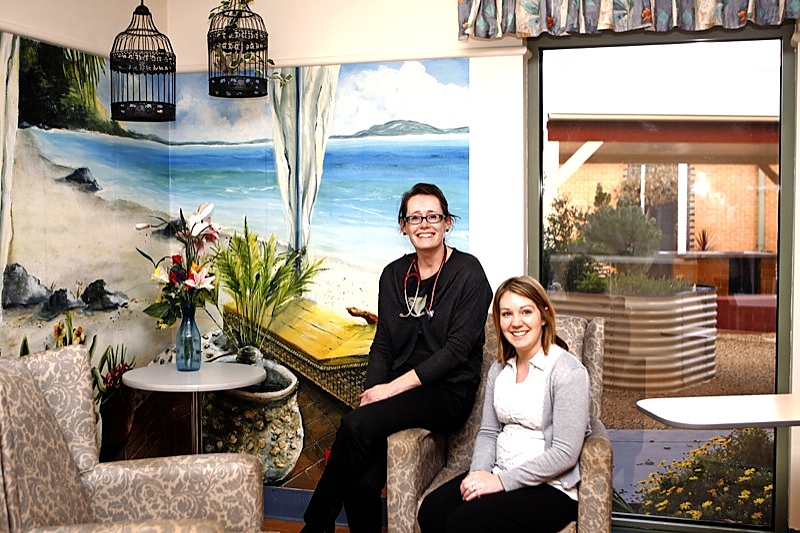By Charlene Macaulay
It’s a disease that is hard to diagnose and has no cure.
Dementia is a progressive brain disorder that affects thinking, behaviour and the ability to perform everyday tasks, particularly in people aged over 65.
Consultant geriatrician Claire White, who works at Sunshine Hospital’s dementia assessment unit, is all too familiar with the debilitating effects of the disease.
The dementia assessment unit is a dedicated 15-bed ward for people with dementia, particularly those showing the behavioural symptoms associated with the disease, including agitation, aggression, depression, paranoia and inappropriate behaviour.
Dr White said the unit’s staff members looked at what might be causing those behaviours and prescribed a management strategy based on the patient’s cognition, background, interests, hobbies and personality.
“Some individuals can have quite marked dementia and yet still be able to play with the ball … engage in a group activity and really get a lot out of it,” Dr White said.
Dementia affects more than 332,000 Australians, but Dr White said it was important for older people to not be overly concerned by random bouts of forgetfulness. “The warning signs to us are when family members are also commenting that the person’s not remembering things. It starts to become more of an issue when people’s function also starts declining.”
With Dementia Awareness Month ending today, Dr White said social engagement, not drinking too much alcohol, not smoking, maintaining a healthy weight, a healthy diet and regular exercise were great ways to stave off dementia.








